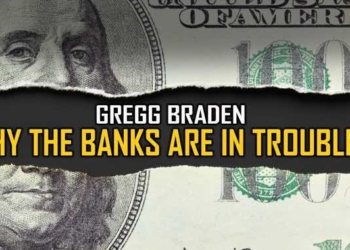
Non-fungible tokens have become popular in the recent past and there are many collectors interested in NFTs. While there is so much to talk about NFTs, there are very few people who talk about custodial issues. So once you have created or purchased your NFT, who keeps it, and who has control of the token? This may sound like a very complicated issue but if you are conversant with crypto wallets, this is not a strange topic as it is the same concept. Similar to cryptocurrencies, you can choose to keep your NFTs or have someone keep them for you.
When choosing a wallet, you have the option of a custodial or non-custodial wallet. Just to refresh your memory and for the sake of those who may not know this, crypto wallets are custodial tools that allow you to hold cryptocurrencies and trade on various exchanges. For you to be able to trade on decentralized exchanges, you will need a crypto wallet. With every wallet, there is a private and a public key. These are very important aspects of your wallet.
The private key is confidential and should not be shared with other people. In the same way that you safeguard your passwords, ensure that your private key is protected. The public key, on the other hand, will be necessary to generate an address to transfer cryptocurrencies to. When choosing a crypto wallet, there are so many options that you can choose from. These crypto wallets are not designed to store crypto only. Depending on the type of wallet you have, you can store NFTs as well. Let us look
Custodial Crypto Wallets
If you have NFTs and want to store them, custodial wallets are one of the options that you can use. These are wallets handled by 3rd parties and will not grant you ultimate control of the private keys. This means that you will have your assets stored safely, but you will need an intermediary to access the private key. Depending on your specific needs, this is not a bad thing.
There are quite a number of reliable platforms where you can trade cryptocurrencies like https://www.bitcoincircuit.biz/. Blockchain is a technology that supports such transactions and this is a decentralized system. This means that you can easily lose access to your wallet easily when you misplace your private key. With custodial wallets, the responsibility to keep the private key safe is passed on to the custodians.
Non-Custodial Wallets
The other option for crypto wallets is the non-custodial wallet, which grants the wallet holder full control of the private keys. If you need to be fully in charge of your funds, tokens, or assets, this may be the best option for you. What you need to remember is that in case you lose your private key, you will not access the wallet and the contents will be lost.
Which Wallets Are Best for NFTs?
From the information we have provided above, the choice of wallet for your non-fungible tokens entirely depends on you. Both custodial and non-custodial wallets are available for NFT holders. What you need to check and ensure is that the specific wallet has the capacity to handle NFTs and not cryptocurrencies only. These tokens exist on blockchain networks and each comes with its rules and regulations. Always check the NFT standard before choosing a wallet that you want to store it in.
Final Thoughts
There is still so much to learn about cryptocurrency and other related aspects. Since NFTs are becoming a popular trend, it is important to start discussing custodial issues. You can choose a wallet that serves your interests in storing NFTs.















